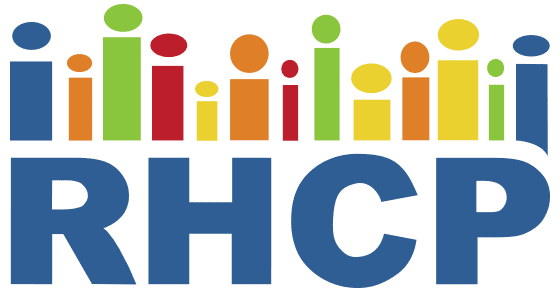Evidence-based health promotion programs in group settings have been shown to be effective at improving health behaviors in general populations, [7] but despite calls for interventions to address obesity and health behaviors among immigrant populations, [8] few intervention studies have been reported. [9]
Read MoreCulturally tailored interventions are needed to address cancer screening disparities [6, 7]. One potential solution is using digital storytelling (DST) [8].
Read MoreIm/migrants (immigrants and migrants, including refugees, asylum seekers, and individuals without legal documentation) experience unique assets and needs in relation to coronavirus disease 2019 (COVID-19). Community-based participatory research (CBPR) is one way to engage im/migrant communities.
Read MoreCommunity engagement is important for reaching populations at risk for health inequities in the coronavirus disease 2019 (COVID-19) pandemic.
Read MoreCommunity-engaged research partnerships promote health equity through incorporation of regional contexts to inform partnership dynamics that shape research and interventions that reflect community voice and priorities.
Read MoreHispanic/Latino adults are disproportionately impacted by type 2 diabetes mellitus (T2D).
Read MoreIt is challenging to develop health promotion interventions created in collaboration with communities affected by inequities that focus beyond individual behavior change. One potential solution is interventions that use digital stories (DS).
Read MoreThe dissemination of research findings is a critical component of late translation research, but dissemination remains focused on academic audiences despite multiple studies demonstrating that research participants desire to know the key findings of studies in which they were involved.
Read MoreThe inequitable impact of the COVID-19 pandemic in the United States resulted in substantial loss of life in Hispanic communities. Life expectancy among US Hispanics declined 3 years, the most of any race/ethnicity subgroup, from 2019 to 2020. Although COVID-19 led to a majority of this decline (90%), diabetes was noted as the third leading cause of increased deaths, behind unintentional injuries.
Read MoreImmigrants often arrive to the United States (US) at a healthier weight compared to the general US population, but these healthy weight advantages disappear over time, and the rates of obesity, with associated complications, rise.
Read MoreCrisis and emergency risk communication (CERC) frameworks encourage public participation in pandemic prevention and containment, but effective implementation depends, in part, on reaching populations with a history of health disparities and limited access to culturally and linguistically tailored health information.
Read MoreCommunity-based participatory research (CBPR) can effectively address health disparities among groups that are historically difficult to reach, disadvantaged, of a minority status, or are otherwise underrepresented in research. Recent research has focused on the science of CBPR partnership constructs and on developing and testing tools for self-evaluation.
Read MoreHealth priorities for the Somali population in the United States (US) have been changing since their arrival to the US in the early 1990s.
Read MoreUnderrepresentation of racial and ethnic minority populations in clinical research persists in the United States, highlighting the unmet ideal of generalizability and equity of research findings and products.
Read MoreLay health worker-led health promotion interventions are well received within racial and ethnic minority communities. Increasing numbers of trained lay health workers will be needed to meet global health goals.
Read MoreMinority groups are disproportionately affected by chronic medical conditions and lower access to healthcare that may portend worse COVID-19 outcomes. Furthermore, minority communities are more likely to experience living and working conditions that predispose them to worse outcomes.
Read MorePartnerships with faith-based organizations are pivotal in rapidly engaging with racial/ethnic minority populations, who are often socially and economically marginalized and medically underserved, to address public health crises.
Read MoreThe coronavirus disease 2019 (COVID-19) pandemic has impacted vulnerable populations disproportionately, including those affected by socioeconomic disadvantage, racial discrimination, low health literacy, immigration status, and limited English proficiency. African Americans, Hispanics, and Native Americans are dying at considerably higher rates across the country than whites.
Read MoreLatino populations, especially those living in rural areas, experience a disproportionately high prevalence of type 2 diabetes mellitus. They are also less likely to achieve optimal glycemic control and have 1.5 times higher age adjusted diabetes related mortality rate than non-Hispanic Whites.
Read MoreObesity and poor dietary habits are a significant health problem for children from economically and socially disadvantaged backgrounds. In the USA, children from minority and low-income backgrounds face substantially greater environmental challenges to engage in healthy eating and other health behaviors to maintain a healthy weight.
Read More
